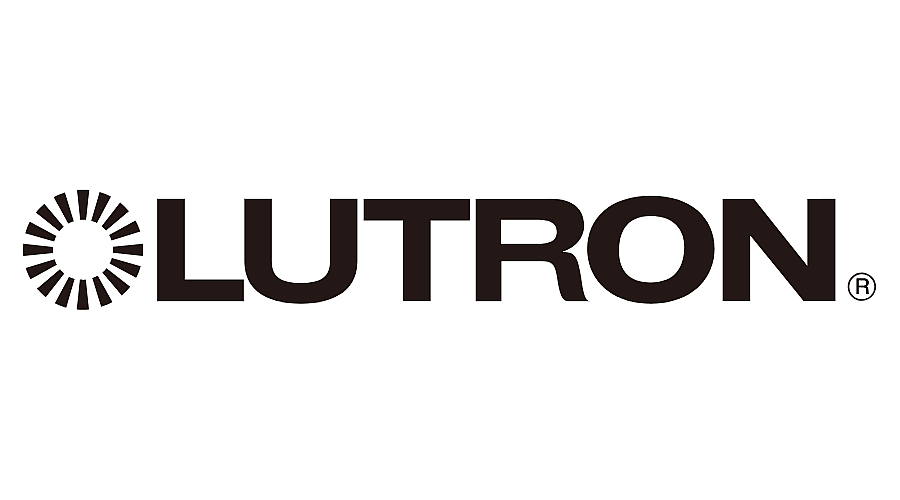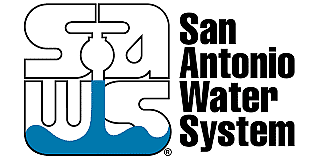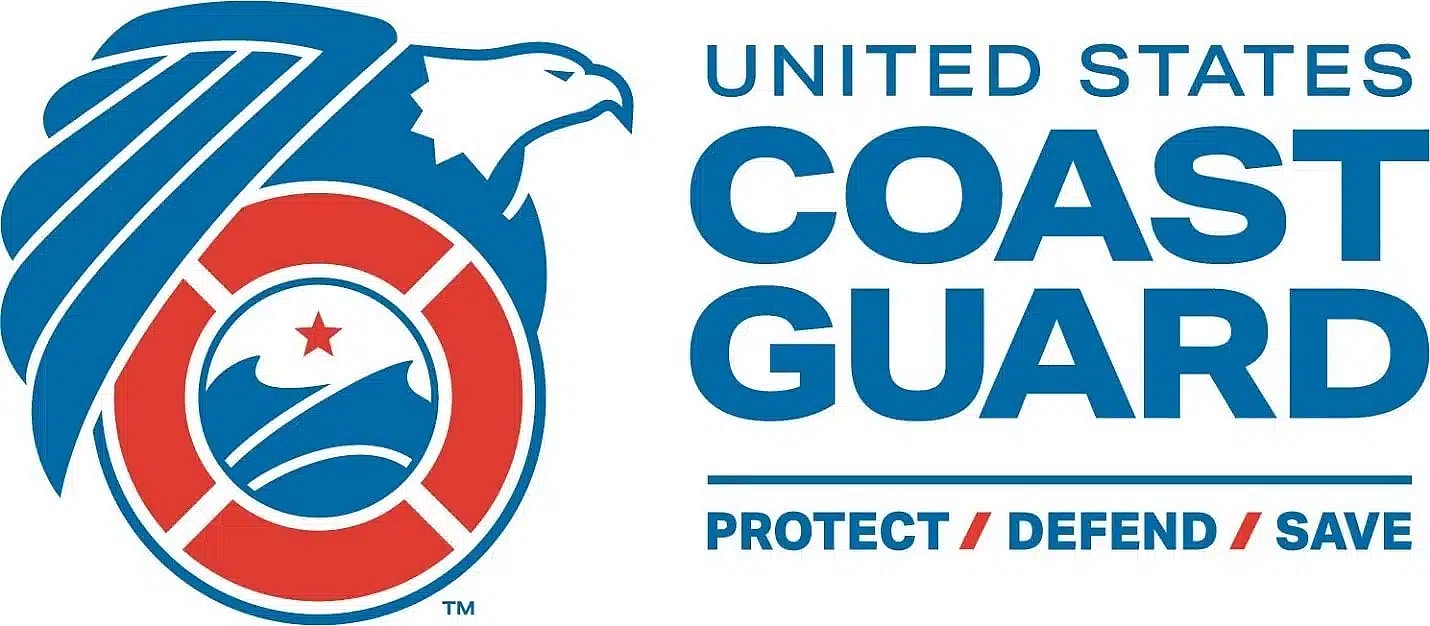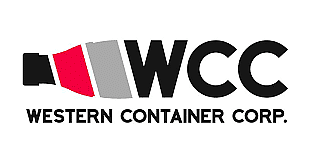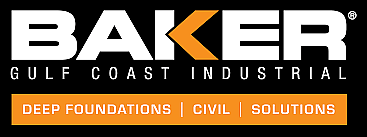How Does a Pipeline Cathodic Protection Survey Work?
A pipeline cathodic protection survey determines whether or not the anodes protecting a pipeline are working. Pipeline cathodic protection is a technique for controlling the metal surfaces of pipelines by making it the cathode of an electrochemical cell. This works to prevent corrosion by converting the active sites on the metal surface to passive sites by way of electrical current from an outside source. During a pipeline cathodic protection survey, a corrosion engineer certified by the National Association of Corrosion Engineers will visit a pipeline. The corrosion engineer will inspect the pipeline either visually, by measurements of the pipe wall thickness, by use of internal inspection devices, or by a combination of these options. Here are the services which may be provided through a pipeline cathodic protection survey.
Helps pipelines stay compliant
Many times, regulation agencies require cathodic protection surveys every quarter for the pipeline to stay compliant. Corrosion can prevent pipelines from functioning properly and can even lead to major safety hazards. Regular cathodic protection surveys help identify issues before they become severe and protect the long-term health of the pipeline.
Keeps pipeline running
Pipelines can become seriously damaged by uncontrolled corrosion. Corrosion can create holes, breaks, and tears within the structure of a pipeline. This can lead to leaks, spills, and other serious contaminations. Leaking and damaged pipelines can create significant safety concerns for workers, local communities, and other natural resources surrounding it.
Identifies potential issues
The corrosion engineer will be on the lookout for potential and developing issues with the pipeline’s cathodic protection. These issues, once identified, can be addressed. This will help serve the long-term interests of the pipeline’s integrity by protecting it against corrosion in the best manner possible. If the engineer detects any issues, they can contrive a plan to address and solve it in a timely fashion.

















